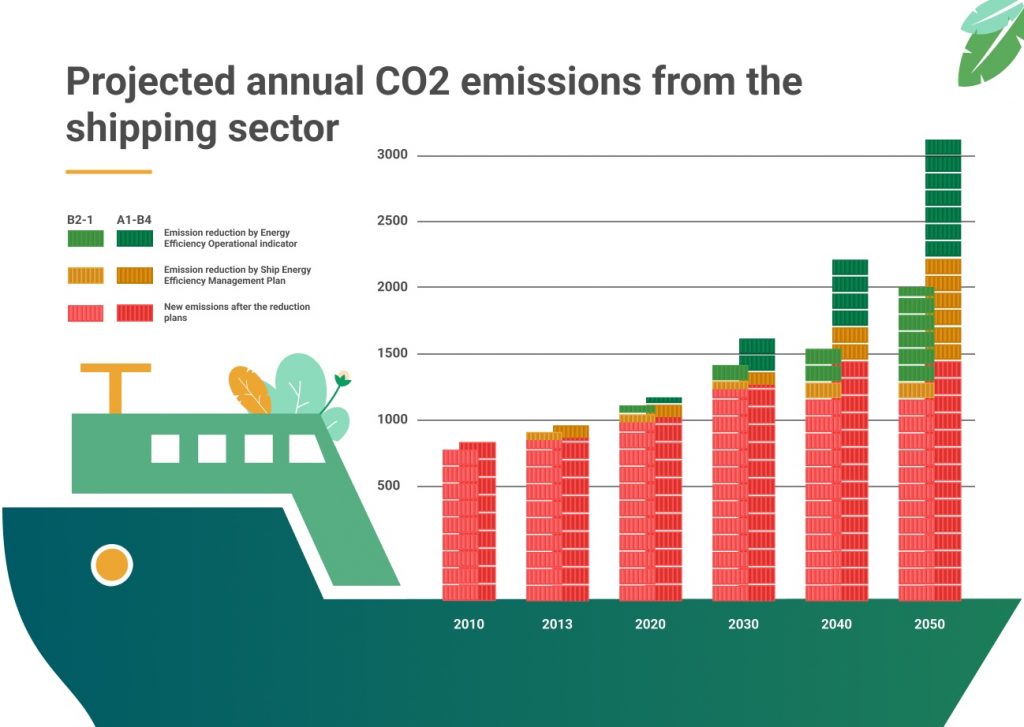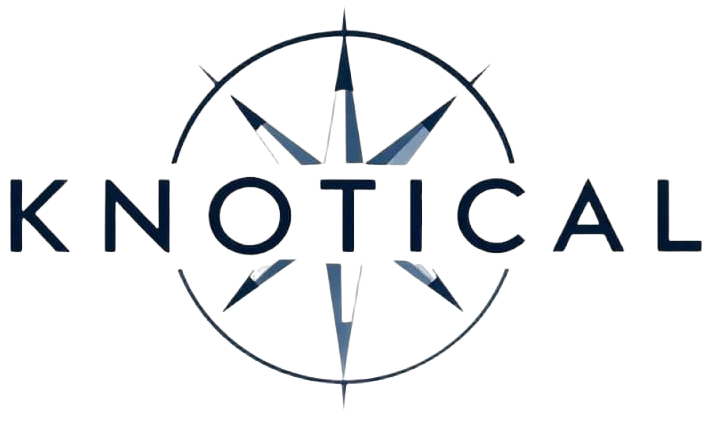Implementing the IMO Strategy to Reduce GHG Emissions in Shipping
The maritime industry is under increasing pressure to meet environmental targets, with the International Maritime Organization (IMO) at the forefront of efforts to reduce greenhouse gas (GHG) emissions. In line with its strategy to decarbonise shipping, the IMO has set ambitious goals to reduce emissions by 40% by 2030 and reach net-zero by 2050. To meet these targets, shipping companies must adopt energy-efficient technologies and strategies for fuel management. UNKNOT TM, a comprehensive vessel management platform, can play a crucial role in helping operators achieve these sustainability goals by optimizing fleet operations and tracking emissions data.
IMO GHG Emission Reduction Goals and Framework
The IMO’s strategy aims to reduce the carbon intensity of shipping by improving the energy efficiency of vessels and increasing the use of zero-emission fuels. Key milestones include:
- Reducing CO2 emissions per transport work: The target is to reduce emissions by 40% by 2030 compared to 2008 levels.
- Increased use of zero-emission technologies: The goal is to have 5-10% of energy from zero-GHG sources by 2030.
- Net-zero GHG emissions by 2050: The ultimate target is for the shipping industry to achieve net-zero emissions by 2050.
UNKNOT TM supports these objectives by providing tools for efficient fleet management. Through its real-time tracking and reporting features, UNKNOT TM helps fleet operators monitor fuel usage, improve operational efficiency, and track emissions, ensuring compliance with the IMO’s strategy.

Key IMO Measures for Decarbonisation
The IMO has implemented several regulatory measures to reduce GHG emissions in shipping, including:
- Energy Efficiency Design Index (EEDI): New ships must meet higher energy efficiency standards.
- Energy Efficiency Existing Ship Index (EEXI): Existing ships must calculate their energy efficiency based on their technical design.
- Carbon Intensity Indicator (CII): Ships must annually assess their carbon emissions, with a required minimum performance rating.
- Ship Energy Efficiency Management Plan (SEEMP): Operational practices to improve energy efficiency.
UNKNOT TM enables operators to easily integrate these measures into their daily operations, providing reports on CII and EEXI ratings, and helping improve the operational efficiency of existing vessels. The platform’s data analytics capabilities allow fleet managers to track progress towards these targets and adjust operations accordingly.
The Role of Predictive Maintenance in Achieving GHG Reduction
One critical aspect of reducing emissions and improving energy efficiency is predictive maintenance. By monitoring key vessel components and anticipating maintenance needs before they lead to breakdowns, fleet operators can reduce energy waste and improve overall vessel performance.
UNKNOT TM integrates predictive maintenance features that help fleet operators monitor the health of their ships’ engines, propulsion systems, and other critical equipment. This proactive approach reduces fuel waste, increases vessel uptime, and aligns with the IMO’s goal of improving the energy efficiency of vessels.
Leveraging Data for Improved Emissions Reporting
The IMO’s data collection requirements, such as the IMO Data Collection System (DCS) and the Carbon Intensity Indicator (CII), are vital for monitoring emissions and ensuring regulatory compliance. With UnKnott, fleet managers can efficiently track fuel consumption and emissions data, ensuring compliance with international regulations and preparing for necessary certifications.
The platform’s decarbonisation reports offer detailed insights into emissions, helping operators make informed decisions about fuel usage and identify areas for improvement in line with the IMO’s decarbonisation goals.
As the IMO’s GHG emissions reduction strategy shapes the future of maritime operations, shipping companies must adopt technologies and strategies to reduce their carbon footprint. UnKnott provides the tools necessary for fleet operators to comply with these regulations, optimize fuel consumption, and reduce emissions, ultimately contributing to a more sustainable shipping industry. By leveraging UnKnott‘s features for predictive maintenance, emissions tracking, and fleet performance optimization, shipping companies can meet the IMO’s ambitious targets and lead the way in decarbonising the industry.

